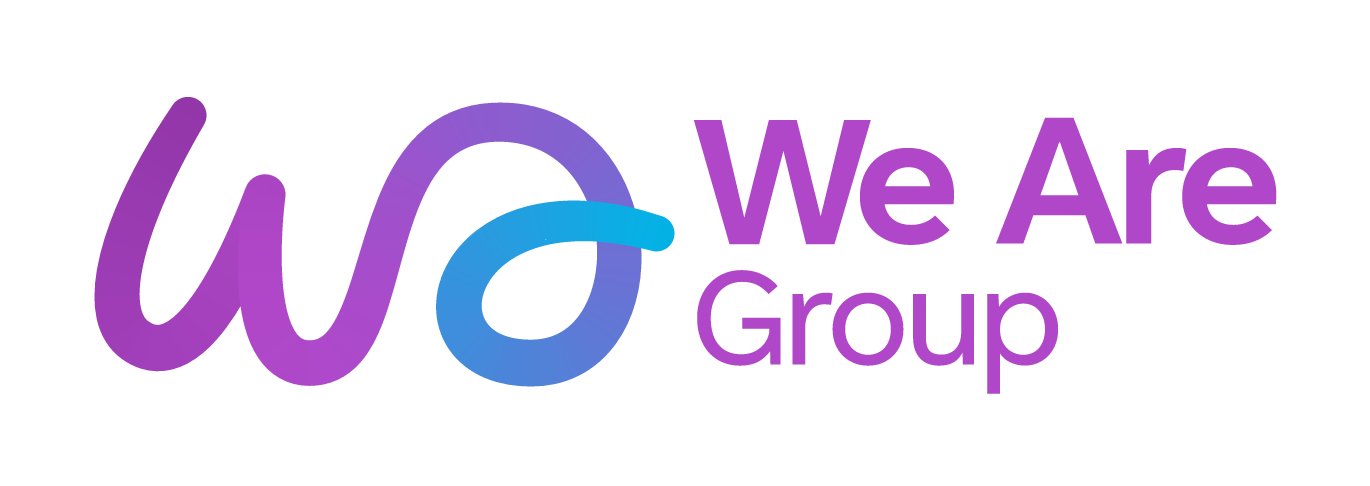Data Gaps within the social sector is a problem, and with approximately 170,171 registered charities in England and Wales as of June 2024 (Statista) as well as 131,000 social enterprises operating around the UK (Social Enterprise UK), there not only exists a gap within social data but severe fragmentation.
The large number of registered charities and social enterprises shows the diversity of welfare needs and the complexity of the social sector in the UK. But, this large number also means that data collection and data management can be challenging, leading to gaps in information and a lack of coordination between organisations.
Because of this, the problem with data in social welfare is twofold. First, there is the issue of missing or incomplete data - the data gaps. Second, there is the issue of data that cannot be easily compared or combined due to differences in collection and storage methods amongst charities and social enterprises - the data fragmentation.
And with over 300,000 social sector organisations in the UK, the issue of data gaps and fragmentation is severe. The lack of cohesive data makes it challenging to assess the overall impact of organisations. As The Law Family Commission on Civil Society also highlight, much of what does exist in official statistics is hard to access, particularly in real time.
The current situation clearly shows that there is a need for more robust data collection and a management system that integrates data from social sector organisations and welfare providers.
This is one of the reasons why we have developed our community-centred delivery model, an operational model that is designed to effectively tackle and resolve the challenge of data gaps and data fragmentation.
Our unique delivery model is an end-to-end management service that provides funders, clients, and community organisations with a new operating model, underpinned by a world-leading CRM platform.
Our community-centred delivery model streamlines the process of social welfare by centralising all local delivery partners into one platform, thereby aggregating their data and eliminating the need for multiple data collection methods and management systems.
The approach ensures that all the Training, Advice, and Guidance programmes we run, on behalf of our clients, collect key data at every step of the journey, from referrals and triage, to booking and delivery. The approach also means we collect data at every touchpoint with the end-user, and even if the programme is delivered to them via a Community Partner (our UK-wide network of third party organisations), the data collected at these touchpoints remains integrated within our platform.
Compiling data throughout the end-user journey as well as integration of data into our platform also enables us to access and pull data in real-time. We can finetune our reporting to a specific programme, a specific community, or even a specific end-user, all in real-time. This is further enhanced by our unique Social Return on Investment (SROI) calculations, which use the data to report the extra financial value and social impact created by our programmes.
By designing a community-centred delivery platform that streamlines and industrialises the provision of welfare programmes, we close the data gap, eliminate data fragmentation, and, most importantly, continue to close social gaps and create measurable social impact.
Want to find out more about our approach to delivering effective welfare? Click here.



